Beer Purity Law of 1516 is a harsh production standard, according to which the only ingredients that could be used in the production of beer were water, malt, hops and yeast. The question arises as to whether this law fits the current criteria and why did transnational companies launch an attack against our Union, espousing germanization of the Russian standards from the moment of Union creation, why are they striving to cancel the existing Russian legislation enacting to use 80% of malt for beer production.
We give questions and arguments of this discussion. Our e-mail: info@barley-malt.ru. If a new aspect arises, we’ll publish it and give our point of view.
Does Beer Purity Law fit the current requirements?
Beer Purity Law is very popular in Germany and many countries. It gives a consumer a credit of trust and it’s very important for such product as beer. When a scandal unfolds in other segments, talks that everyone must abide by the law, arise at once. Brewers follow it and a consumer equals it to the high safety degree.
Do all use the same additives in the production of foodstuffs?
No, Beer Purity Law is growing in importance through the example of using chemical or nature-identical additives. It is prohibited to use preservatives, artificial enzymes, flavorings, foam stabilizers, emulsifiers, colorants etc. Using of all above mentioned substances in other food products is normal and this fact causes consumers’ doubts.
Why does the use of herbs, sugar and fruits contravene the Law?
Beer brewed with herbs, fruits and sugar is not considered to be “black” within the aspect of the Law because using of natural raw materials as herbs or fruits in food production is beyond controversy. But does it cover herbal or fruit extracts, herbal or fruit flavorings or natural identical flavors? It is quite true that there are good foreign beer brands containing natural herbs and fruits, but also we can observe beer brands with artificial flavorings, malt substitutes (sacchariferous components, unmalted grain material etc.) and this way of brewing has little in common with the real beer production. Beer Purity Law, permitting to use only 4 raw materials without additives, has a high degree of safety and trust.
Is beer production, disagreeing with the Law, simpler and more economical?
Yes, it is generally so. Transnational companies are trying to baffle the German Beer Purity Law and wish to brew “neutral” standard beer, because the production process of this kind of beer is speeding up due to the use of great variety of enzymes. In the following stage, you can make many beer brands by using of flavorings but these technologies have nothing in common with brewing art. A good example with wine: adding gallic acids to red wine you can get barrique.
Do German brewers keep their options open?
Often, it is stated incorrectly that Beer Purity Law limits German brewers in beer brands. The market and consumers of 70-s concentrated on beer Pils, at first with high bitterness, than it was lowered and later normalized. Brewers can make more, there is a need in experts, striving to brew beer with certain characteristics, but also there is necessity in curious consumers. Thankfully, there are many interested brewers and consumers and beer brewed from four components tops record levels – over 2.000.
Does beer have the same flavor if using only four raw materials?
Four meanings “water”, “malt”, “hops”, “yeast” keep a broad spectrum. For example, there are 200 different kinds of yeast used in the brewing industry all over the world and they provide various flavors. Besides, brewers have 180 different hop types and near 40 kinds of malt. The same is for water – different springs – mineral composition influenced on beer differently and plus technological initiatives of brewers.
It’s not true that brewers use only 4 raw materials because other matters run into beer during filtration
During filtration process, filter aid is added to hazy beer. These substances are insoluble and shall not influence on beer flavor. Protein substances causing beer haze settle on filter aid and than are removed by mechanical filtration. The most important filtered material is kieselgur – calcined and milled diatoms. Sometimes, there is some controversy about PVPP. It is filtered polymeric aid insoluble in water having a neutral flavor. It also causes beer haze and than filtered mechanically. As a filter aid, it is rather expensive, besides, some protein substances disappear and it can lead to flavor loss. So, it is used when the period of validity is 12 or more months and many German breweries don’t use PVPP.
Beer Purity Law of 1516 doesn’t mention the use of yeast
In 16th century yeast were unknown, Louis Pasteur discovered it in 19th century. In those days yeast being in the atmosphere, began fermenting in the wort. So, yeast participated in brewing process though brewers didn’t realize this fact.
Colored beer is also added to beer and it has nothing to do with Beer Purity Law of 1516
Colored beer is a substandard meaning, actually it is referred to the malt extract. Malt extract can level difference in beer color that is inevitable in case of using natural raw material. The malt extract is produced from fermented dark beer that becomes a concentrate as a result of vacuum treatment at 70 centigrade. It doesn’t contain carbon dioxide and alcohol, doesn’t produce foam and it’s rather viscous. Moreover, in production of malt extract, no other raw materials are used except those that are applied in brewing.
Beer Purity Law is reflected in so called “beer” laws as a production standard. According to this law, when using wheat, rye and spelt wheat malt, it is required to use top fermenting yeast. Is there any point in doing that?
It is so, according to “beer” laws when using low fermenting yeast (for Pils, Helles, Export…) it is required to apply only malted barley. It means that in other cases it’s necessary to use top fermenting yeast. Private brewers believe that these instructions have nothing to do with Beer Purity Law and shall be canceled.
GM raw materials are not mentioned in Beer Purity Law, “beer” laws and instructions
In the past there were no GM raw materials. At present, GM raw materials are prohibited to be cultivated. So, beer in Germany and Europe is not genetically modified. Private brewing companies are claiming to introduce more distinct instructions and requirements to agrogenic transformations in order to avoid any mix of raw materials. Unfortunately, we can’t say the same about transnational companies. For example, use of corn grist in the USA provides for using of GM corn.
What are special beer varieties permitted by beer law?
So called “beer” laws permit the use of varieties, whose production allows departure from the Beer Purity Law. But in these cases the permission of the certain organization is necessary. For example, beer Berliner Weiße or Leipziger Gose.
Translated from the original version of the Beer Purity Law, in addition to hop and water, barley is mentioned. Why is it allowed to brew wheat, spelt wheat and rye beer?
Really, barley, water and hop are mentioned in the original version. Brewers were limited in using of barley due to fighting hunger because wheat had to be used only in bread making. The key role also played a financial aspect because to brew beer from wheat was very profitable. Beer Purity Law has been corrected for 5 centuries. Instead of unmalted barley, malted barley, malt – i.e. sprouted and dried grain was included in the Beer Purity Law. Yeast, discovered by Louis Pasteur, were also mentioned in the law. So, at the beginning of 20 century, the Beer Purity Law was transformed to so called “beer” laws. In course of time, the law was adapted, taking into account new technologies.





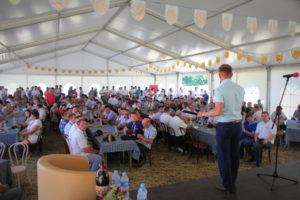
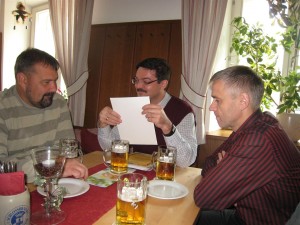

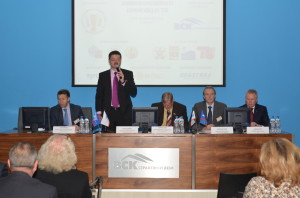
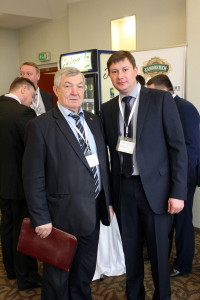


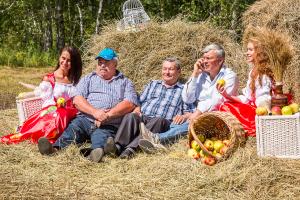
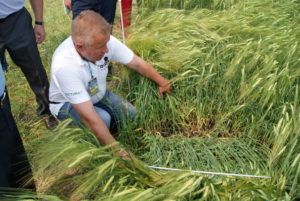

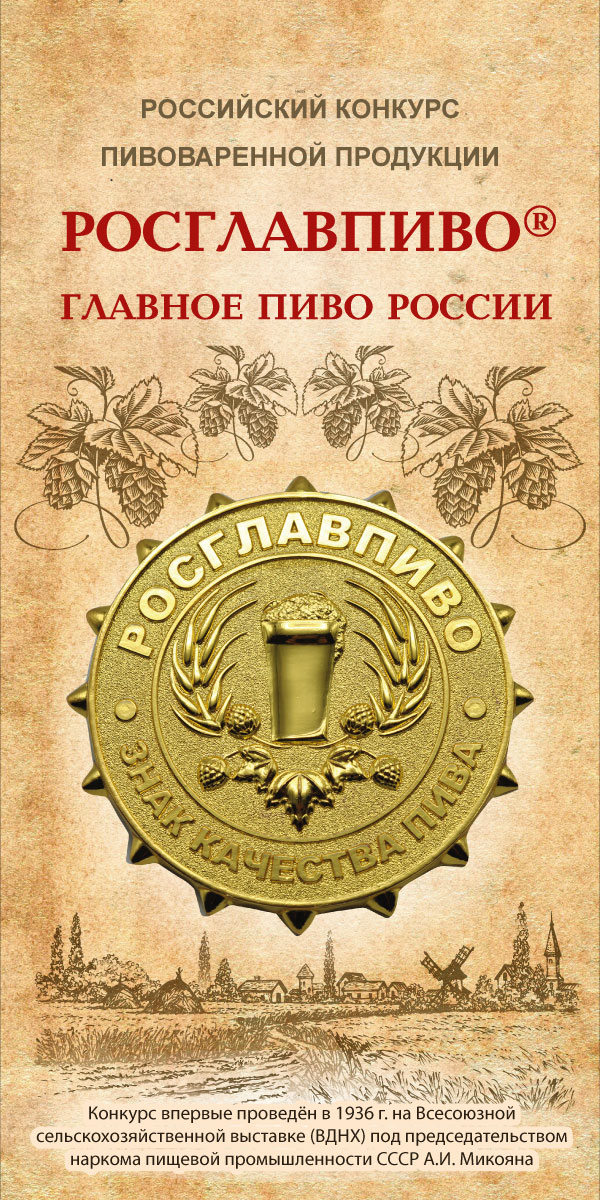
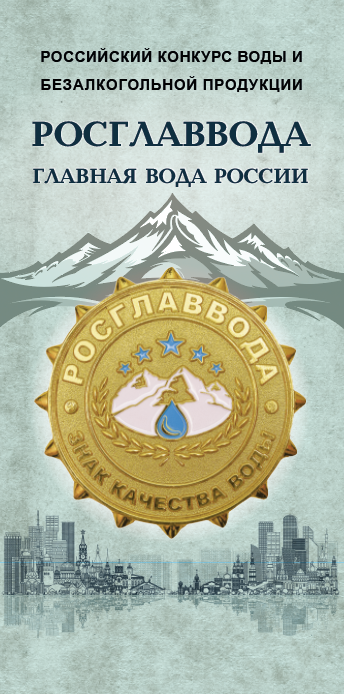
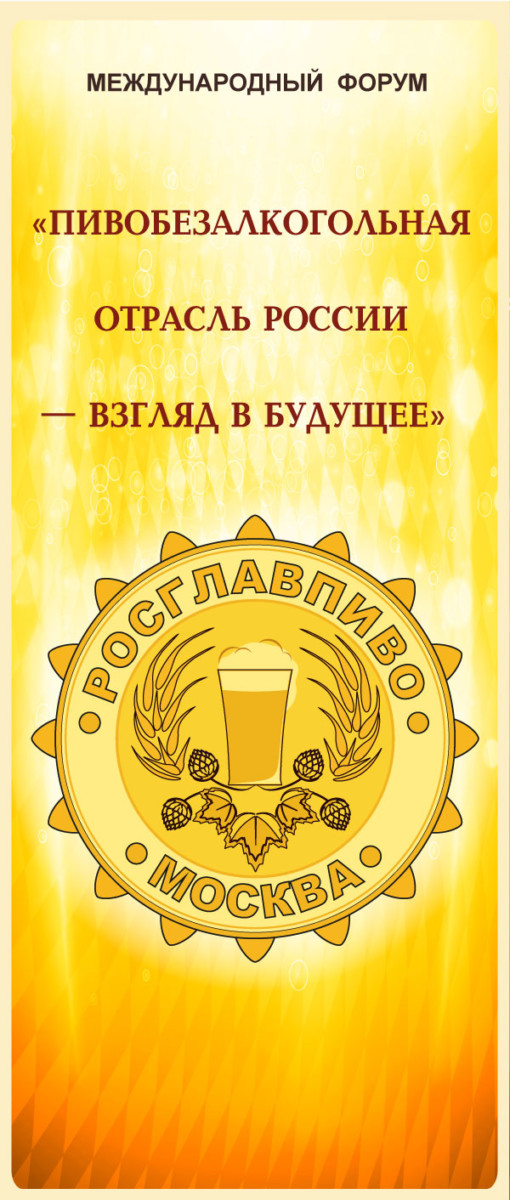




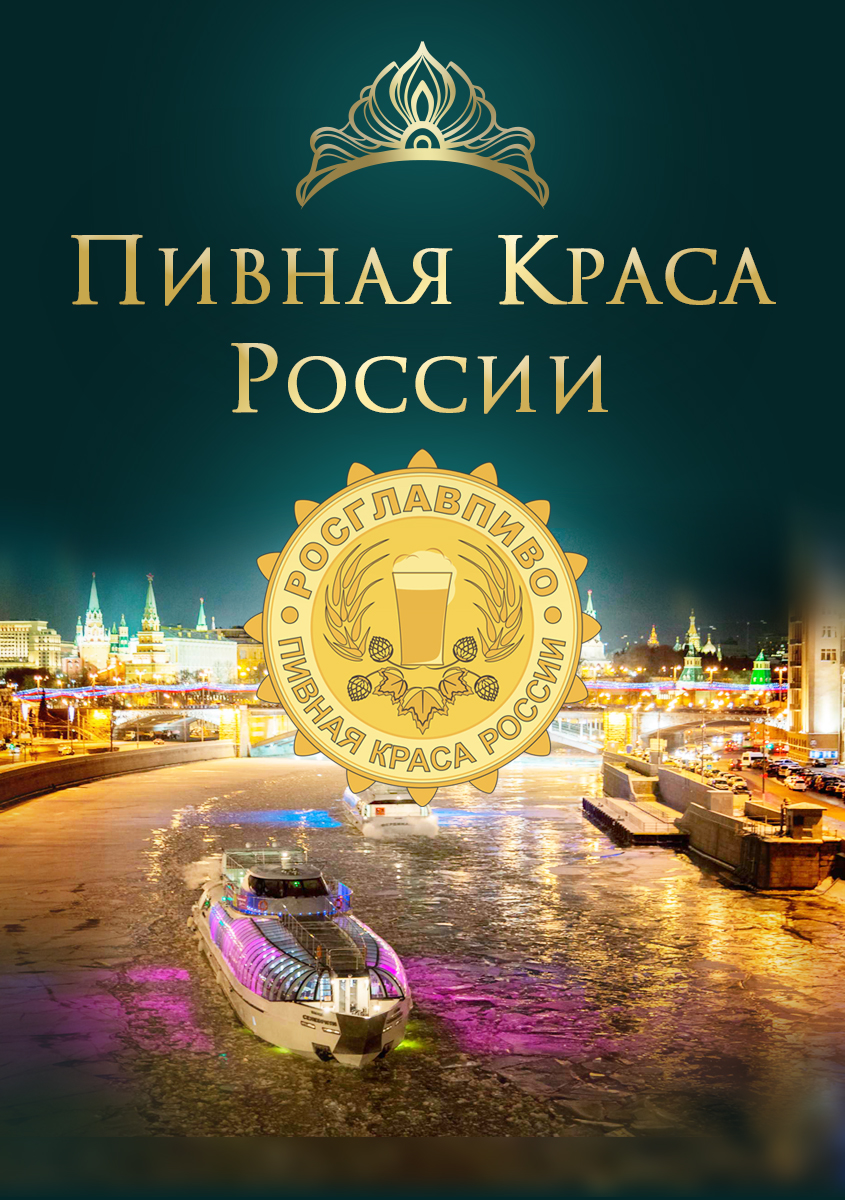


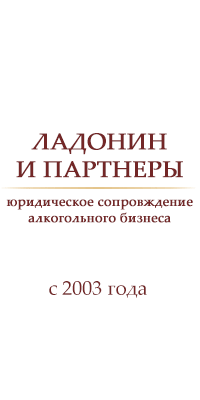
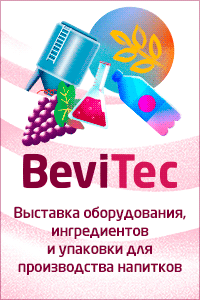
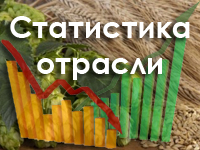
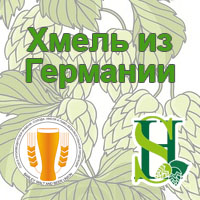



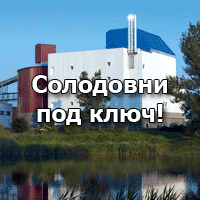
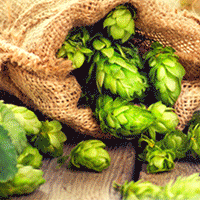


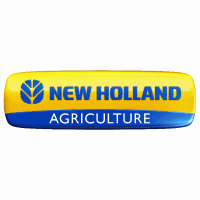
No comments